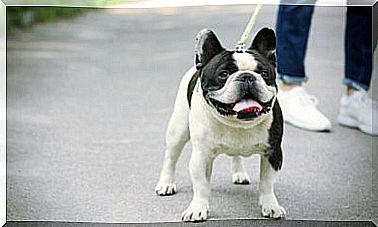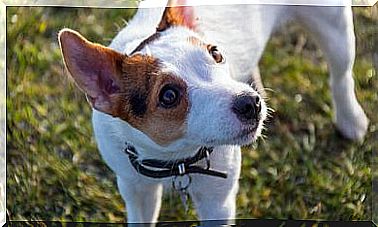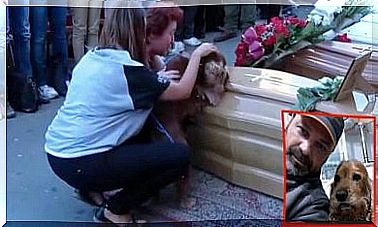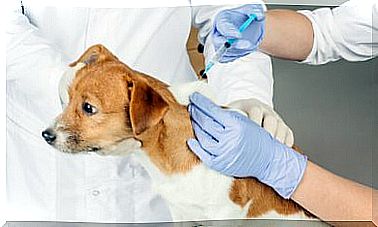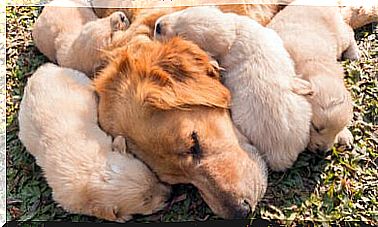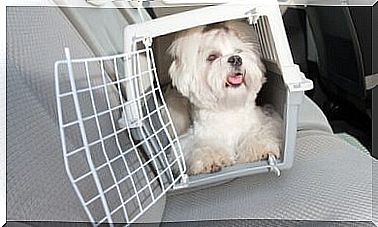A Syrian Feeds 150 Cats Victims Of The Conflict
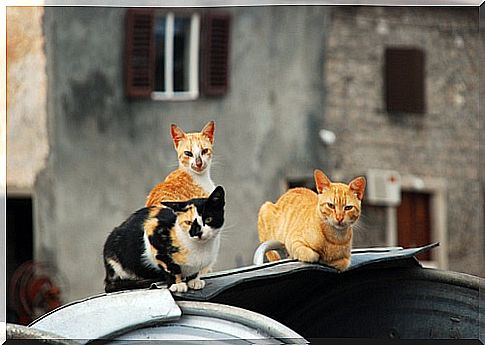
Every day, we are struck by images of displaced people fleeing Syria escaping civil war and struggling to find refuge in other countries. However, there are other stories less spread but no less terrible.
It is about the drama of pets that are left helpless, either by death or the exodus of their owners. But in the midst of this tremendous situation, there is a man who feeds 150 cats who are victims of the conflict.
Cats victims of the armed conflict
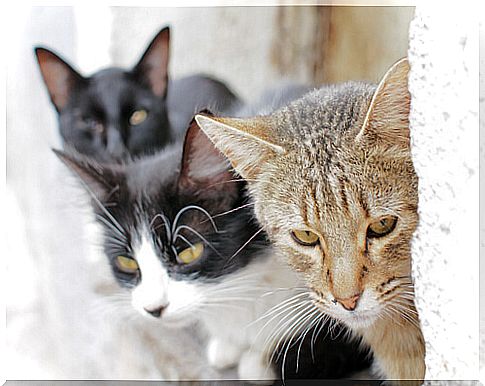
Alaa is an ambulance driver who works in Aleppo, one of the most important Syrian cities that has suffered the most from the clashes between government troops and insurgents.
For months, the man has personally taken care of feeding the cats that have been stranded in the Masaken Hanano neighborhood, which is practically deserted after being bombed.
In the midst of destruction and desolation, the kittens found a caring being who helps them survive such a dramatic situation.
A helping and supportive hand
This charitable soul spends around four dollars a day feeding the cats in a deserted and bomb-ravaged neighborhood. In addition, it gives affection to some innocent little animals that, from one day to the next, went from being loved pets to becoming victims of an armed conflict.
Alaa does not lose hope that the civil war will end in her country. When that happens, he also vows to take care of finding new homes and families for Masaken Hanano’s cats.
Photographer Hosan Katan of Reuters news agency photographed Alaa and the cats. The images quickly spread through social media. We leave you a link for you to view them, if you wish.
“Non-violence leads to the highest ethics, which is the goal of evolution. Until we stop harming other living beings, we are still savages ”.
-Thomas Alva Edison-
The other victims of the armed conflicts
The historical or journalistic chronicles usually only speak of the human victims that cause the warlike confrontations.
But the wars that men generate not only rage against them. Animals suffer too. This is how they die, are injured or are left helpless by the death or forced displacement of their owners.
Those who survive the various attacks face hunger and thirst in a devastated territory.
Wars don’t discriminate
Domestic animals are not the only victims of the various armed confrontations. Human wars do not discriminate against their victims.
This is how those beings that are in the wild, in zoos or in different hatcheries for their exploitation are also affected.
Some time ago we were moved by the news of the animals at the Gaza zoo, which died of hunger and thirst in the midst of the constant confrontation between Israelis and Palestinians.
War conflicts and other cruelties
Throughout its existence, the human being has given clear examples of being the worst enemy, not only for his species, but for the rest of living beings, putting in danger the very subsistence of the planet he inhabits.
Apart from wars, animals have suffered from man’s actions in different ways. For instance:
- Devastation or contamination of natural habitats
- Indiscriminate hunting for different purposes
- Scientific experimentation in various branches
- Exotic species trafficking
- Domestic and street abuse
- Unsustainable living conditions in hatcheries
- Cruel slaughters for skins, meat, fangs
- Exploitation as “beasts” of transport and cargo
- Use in clandestine fights or other degrading but legal spectacles
- Zoophilic practices
There’s always hope
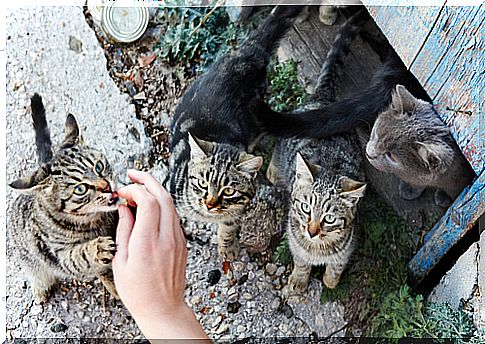
But luckily, there are also people like Alaa, who care and take care of all living things in difficult situations.
This is how Masaken Hanano’s kittens found a glimmer of hope amid the madness of a civil war that resulted in unwitting hostages.
Meanwhile, the conflict continues and hits us, bringing drowned children to European shores.
